Trump's Resistance is Feudal
GELFAND’S WORLD--It would be a mistake to jail Dick Cheney just as it would be a mistake to jail Hillary Clinton
The other night, Donald Trump said that if elected, he would throw Hillary Clinton in a dungeon. OK, I exaggerate a bit. He said that he would appoint a special prosecutor whose job it would be to send Hillary to jail. But actually, the two accounts are not all that different, since the desired outcome is essentially the same and the underlying attitude is essentially feudal.
There are powerful historical and social reasons for opposing this approach to government and, curiously enough, they are exactly the same reasons why it would have been wrong for the Obama administration to try to prosecute George W. Bush or his vice president for war crimes.
In stating this assertion, I oppose positions stated emphatically on the one hand by some American liberals and on the other hand by some American conservatives. The one group wanted Dick Cheney sent to prison, and the other group is now calling to have Hillary jailed.
Those who fail to understand why both sides are wrong are failing to understand the fragility of democratic governance.
Consider: We take for granted that there will be a presidential election every four years and that there will be a new president every four or eight years. This hope is actually one extreme on a continuum. It is optimistic in the sense that we have a national tradition -- presidential elections -- that has never been broken, but perhaps under the wrong circumstances could be.
If we are to recognize that maintaining this tradition for over 220 years has at least partly been a lucky break for us, then there is a corollary: We should be careful about not taking democracy for granted, and we should be especially careful about doing what it takes to maintain the democratic tradition.
There is of course an opposing, more pessimistic point of view: In one form, it is the claim that the current president intends to postpone or cancel the next election. I think I first heard people making that statement as far back as the Nixon administration, and the claim seems to get reborn with each new presidency. When you look at this claim carefully, it becomes apparent that it's opposite in one critical way from the throw her in jail trope. The throw her in jail view, although malicious, takes the continuation of our democracy for granted, while the assertion that the president plans to carry out a coup by cancelling elections assumes that our democracy is illusory. After all, if the president can crown himself king or declare himself dictator then it isn't much of a democracy.
Historians tell us that we've had moments in our history when presidents took extraordinary powers. Lincoln negated the right of habeus corpus at one point in his presidency. Nixon in effect took the U.S. off the gold standard. George W Bush allowed the use of torture. Obama is accused (true or not) of violating the Constitution.
Many of these allegations are demonstrably true, and others are matters of opinion. So if it is possible for an American president to act like a dictator, then what sort of democracy do we actually have?
One obvious answer is that no president gets to be a complete dictator. Presidents sometimes push the envelope, but none has so far managed to collect a crown and royal scepter. There is plenty of balance in our system of checks and balances.
But the most important element of this presidential system of ours is that new presidents come in and old presidents go out. The ultimate solution to presidential overreach is to elect a different one. The solution to political party overreach is the same. Routine elections are the answer.
It's how we get rid of dictatorial behavior on the part of our leadership. Presidents stay as long as their electoral terms last, and no longer. It's almost the definition of true democracy vs. faux democracy. Any country in which the leader can cancel the upcoming elections (or never has elections) is not a true democracy.
I'd like to think that there is a reason for why we have been able to maintain our tradition of 8 years and out. Part of that reason is that our government involves the participation of multiple actors, from presidents to senators to congressmen, and they have one thing in common. They are all players in a political game with defined rules of winning (getting more votes) and losing (getting fewer votes). It's not just a game of taking power as in a feudal monarchy, but a game of winning power according to a particular type of conflict.
You might therefore treat our electoral system as having certain features analogous to chivalry. There is a cultural system with its own norms. Rather than the loyalty of the knight to his duke, we have a certain level of loyalty to a system as a whole. You can call it fealty to Constitutional law, or you can just say that this is the way that things are done. In either case, there were a lot of Republicans who chose loyalty to the system over their loyalty to Richard Nixon during the Watergate crisis. We can see some of the same reaction from Republicans who are deserting Trump.
Now let's imagine for a moment that when Obama ascended to the presidency, he didn't give George W Bush that well-photographed hand clasp, but instead acted to prosecute Bush and Cheney for war crimes. What message would this send?
If you have any sense of history, you would immediately recognize that this would be a recipe for any future Republican president to find some reason to prosecute his predecessor. Allow me to remind you that a lot of Republicans carried decades-long grudges over the forced resignation of Richard Nixon. "He was hounded from office" was their claim. It took a while, but they finally got even (rightly or wrongly) through the impeachment of Bill Clinton.
The effect of a current president taking legal action against a former president would create a dangerous incentive. Any current president would understand the risk inherent in becoming a former president. It could get him or her thrown in prison. One way of avoiding becoming a former president is to find some excuse for cancelling elections.
In other words, our democratic system depends on a tradition, and we don't know whether that tradition is strong enough to stand up to presidents prosecuting their opponents. There's a reason that the authors of the Constitution limited removal of the president to a specific series of actions that require both houses of congress, and leave the sitting president out of the process other than as the person facing trial. The founders even required a supermajority in the Senate to complete the act of removing a president from office. Notice by the way that there have only been two impeachment trials in the history of our republic, and both failed to achieve a guilty verdict.
Viewed in this way, Donald Trump's threat to jail Hillary Clinton is more feudal than modern. It is the idea that kings battle against other kings, with the winner taking all. America rejects that culture, replacing it with written rules that define how authority is gained, and how it is shared among competing arms of government. It's true that there have been occasional lapses, as when a member of congress beat another member in response to a difference of opinion over slavery, or when Alexander Hamilton died in a duel. But our culture does not exult Aaron Burr the way feudal culture exulted conquest and assassination. We make changes in executive power by electing new presidents, not by a process in which presidents imprison their opponents.
While preparing this column, I came across a piece by Garrison Keillor. It says some of what is said here (at least I'd like to think that) but in the unique Garrison Keillor style. It's worth a read, particularly where Keillor, referring to Trump's views, says, "The government is not a disaster; it is a culture of process and law and organization that is alien to him."
One more brief story. A few years ago, I attended a scientific meeting in an eastern city. I shared a cab to the airport with a fellow scientist from one of the remaining dictatorships. He asked me a little about the American system, and as we passed various monuments, I tried to explain: "What made George Washington great was that he gave up power." There have been many military leaders, but not many national leaders have established a tradition of the peaceful transition of power. My fellow scientist looked a little surprised at this answer, as it was not something that his world included.
The peaceful transition of power signified by the presidential inauguration is a continuing miracle in a world that has only slowly been adopting such traditions. It is this peaceful transition of power that Trump mocks in his threats to jail his opponent.
(Bob Gelfand writes on science, culture, and politics for City Watch. He can be reached at [email protected])
-cw

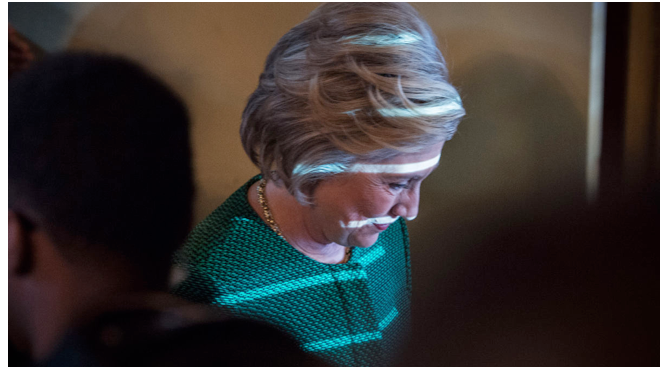
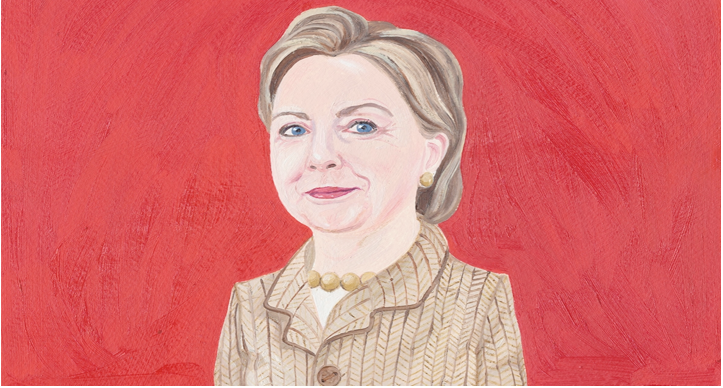
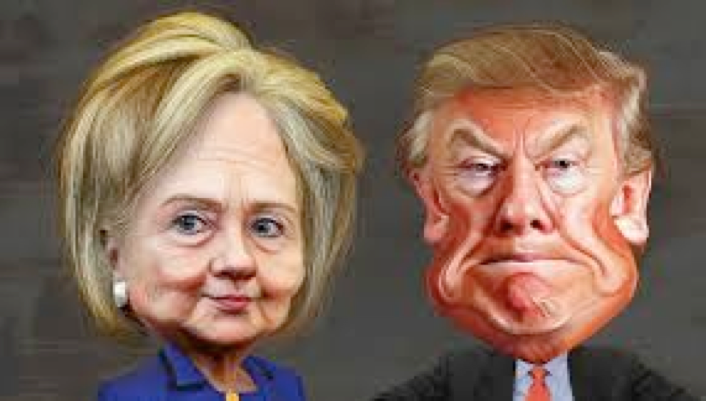

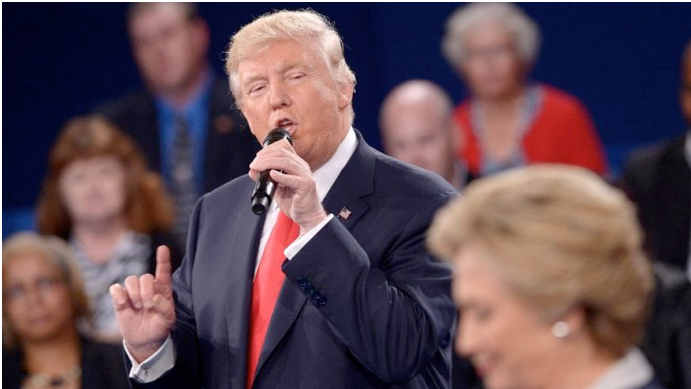
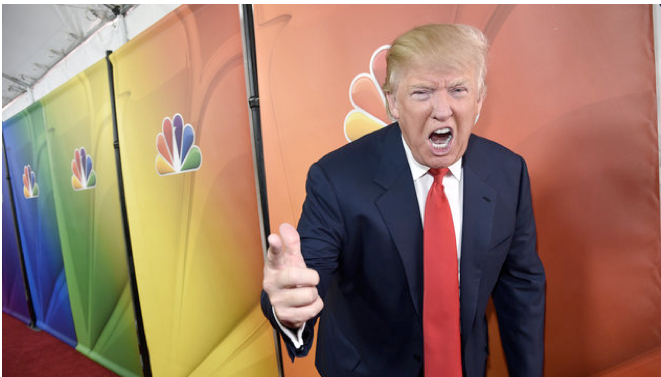
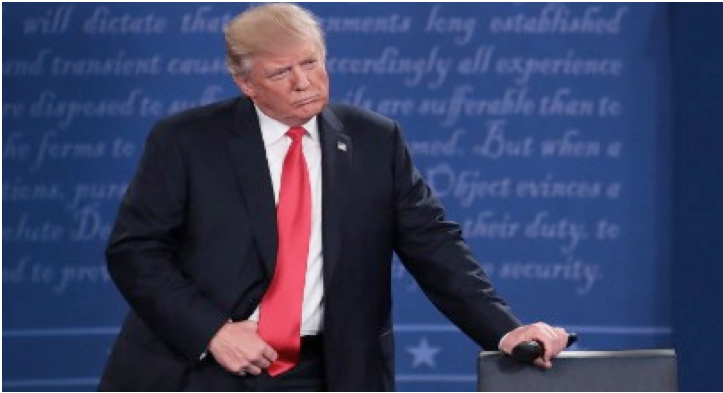
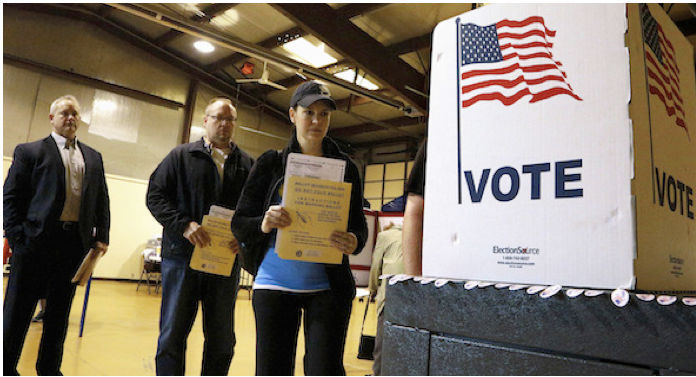
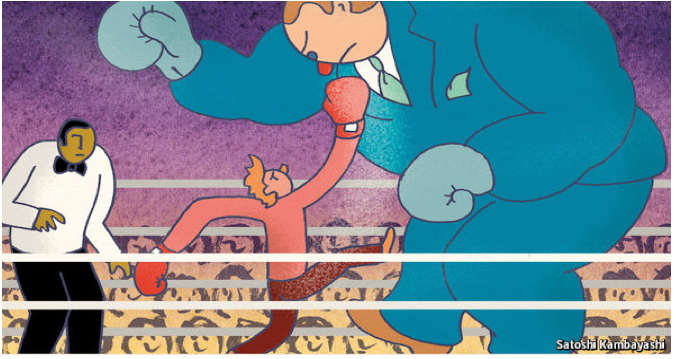
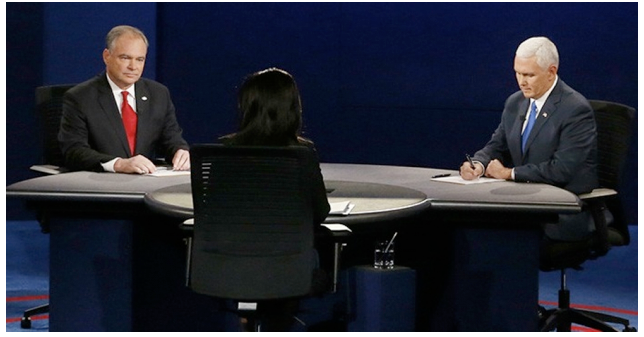
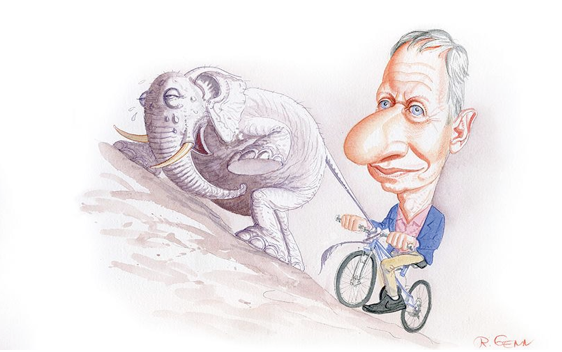
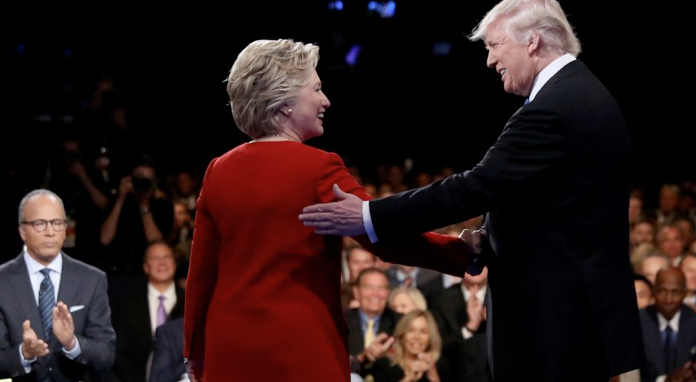

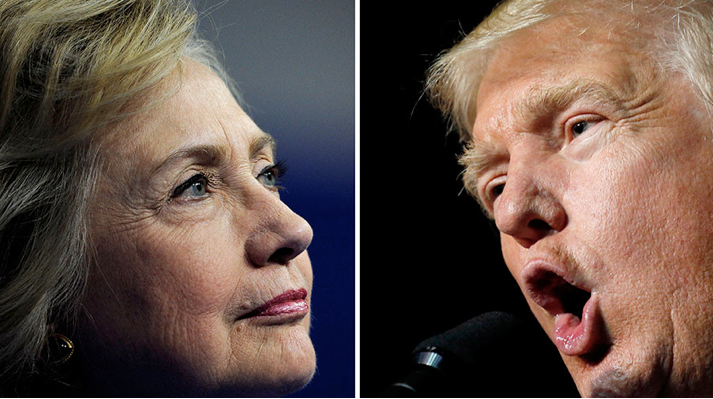

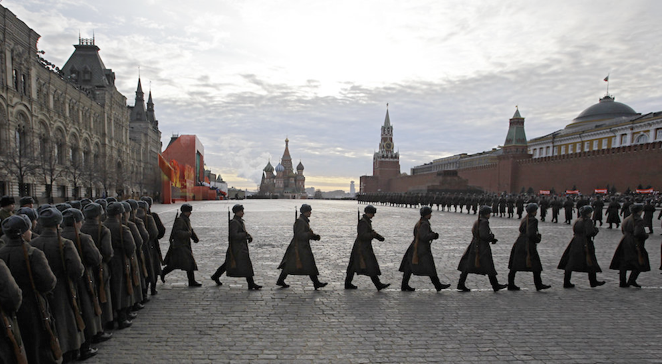


 However, here in the United States it is important being that our country is very diverse. So which is it? Hispanic or Latino? What are we? What does it mean to be Latino? Or, Hispanic in America? – The answer to this question depends on who you ask. The two words are most of the time used interchangeably. So which word to use? Ever since I started college at USC I have been asking myself this question, and here we are many years later still trying to figure this out.
However, here in the United States it is important being that our country is very diverse. So which is it? Hispanic or Latino? What are we? What does it mean to be Latino? Or, Hispanic in America? – The answer to this question depends on who you ask. The two words are most of the time used interchangeably. So which word to use? Ever since I started college at USC I have been asking myself this question, and here we are many years later still trying to figure this out. 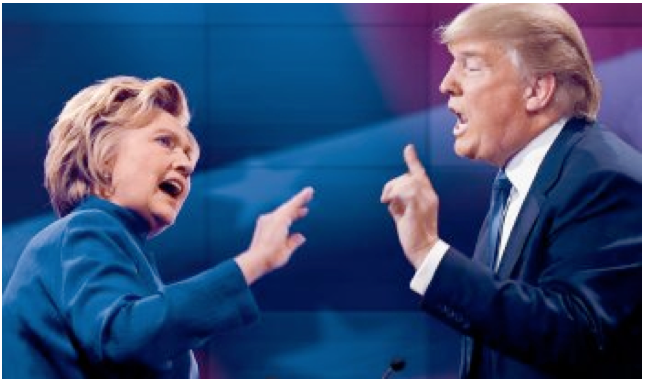

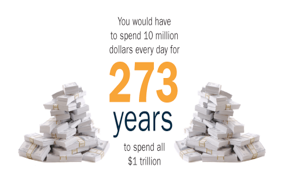 Crawford adds:
Crawford adds:













